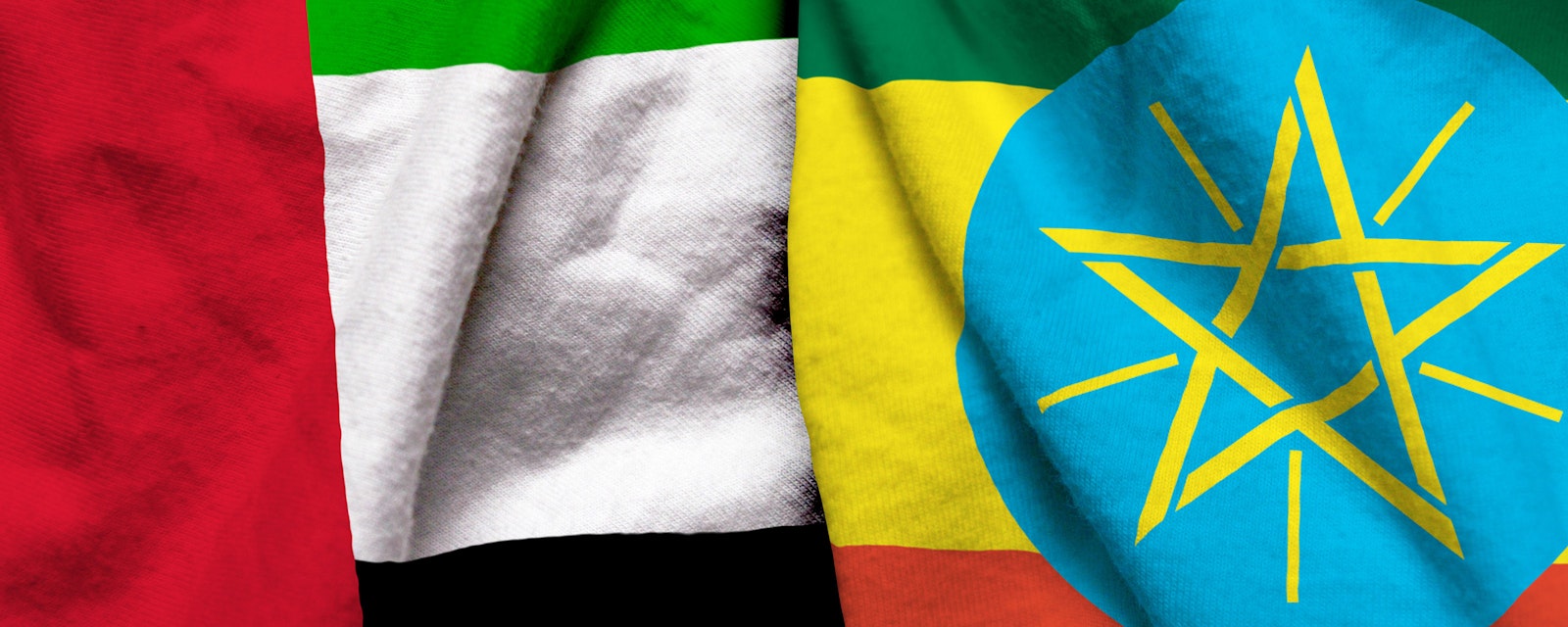Prime Minister Abiy Ahmed’s charm offensive to Saudi Arabia and the United Arab Emirates (UAE) has garnered significant rewards with the announcement of a USD 3bn pledge by Sheikh Mohammed bin Zayed, the Crown Prince of Abu Dhabi.
In a rare visit by the crown prince to Ethiopia, which was coordinated to follow on the heels of Ahmed’s Middle East trip, the UAE pledged USD 2bn in aid and investments. More crucially, the UAE announced its intention to pump USD 1bn into Ethiopia’s foreign exchange reserves to ease shortages, signaling that Ethiopia’s FX crisis is worse than publicly stated. It will also reinforce UAE-based companies’ ability to take advantage of Ethiopia’s privatization drive.
Too fast, too furious?
The timing of these moves is critical for Ahmed domestically, where resistance is growing amongst hardline factions within the Ethiopian People’s Revolutionary Democratic Front (EPRDF) towards proposed reforms. A Tigrayan People’s Liberation Front (TPLF) emergency meeting on 10-12 June discussed Ahmed’s reforms, as well as the proposed rapprochement with Eritrea. The TPLF has cautioned that the execution of the reforms and talks with Eritrea should be managed carefully, demonstrating its deep distrust of re-engagement with Eritrea. The TPLF leaders have called on the EPRDF and Ahmed to discuss the planned reforms further, stating that the decision had not received the approval of the 180 EPRDF council members. This highlights that not everyone within the EPRDF is supportive of Ahmed’s reform plan. The new prime minister will have to strike a delicate balance to placate the hardliners but simultaneously demonstrate to the broader public that he is serious about implementing reforms and transparency.
Implications of UAE deal
The USD 1bn boost to Ethiopia’s foreign exchange reserves will be critical in stabilizing the country’s FX shortages. Projections for the current fiscal year, 2017/18, which ends on 7 July, estimate reserves of USD 3.7bn against average quarterly imports of USD 4.2bn, providing around ten-anda-half weeks of import cover. Rising oil prices, however, add to the pressure, making the injection of Emirati support even more important. The proposed sale of key strategic assets in the country, from Ethiopian Airlines to Ethio Telecom, could provide windfall revenues to alleviate the country’s reserves position.
It is not clear what conditions are attached to the UAE deal. However, Ahmed will likely have to provide significant concessions to the UAE, which could entail giving UAEbased companies the first opportunity to invest in the telecommunications sector, potentially at the expense of Kenya’s Safaricom and South Africa’s MTN. Investment companies like Mubadala and ADIA could secure opportunities in the logistics, energy and agriculture sectors.
More broadly, it is likely that Ethiopia’s foreign policy will be closely aligned with the UAE and Saudi Arabia, particularly related to the ongoing conflict in Yemen and the wider security environment across the Horn of Africa. In particular, the UAE’s move is the latest in a series of decisions by the Emirati leadership demonstrating a more assertive approach to regional affairs. Reinforcing an alliance with the Addis Ababa government will play an important role in reinforcing Abu Dhabi’s role in the region, while shoring up a key strategic player.




